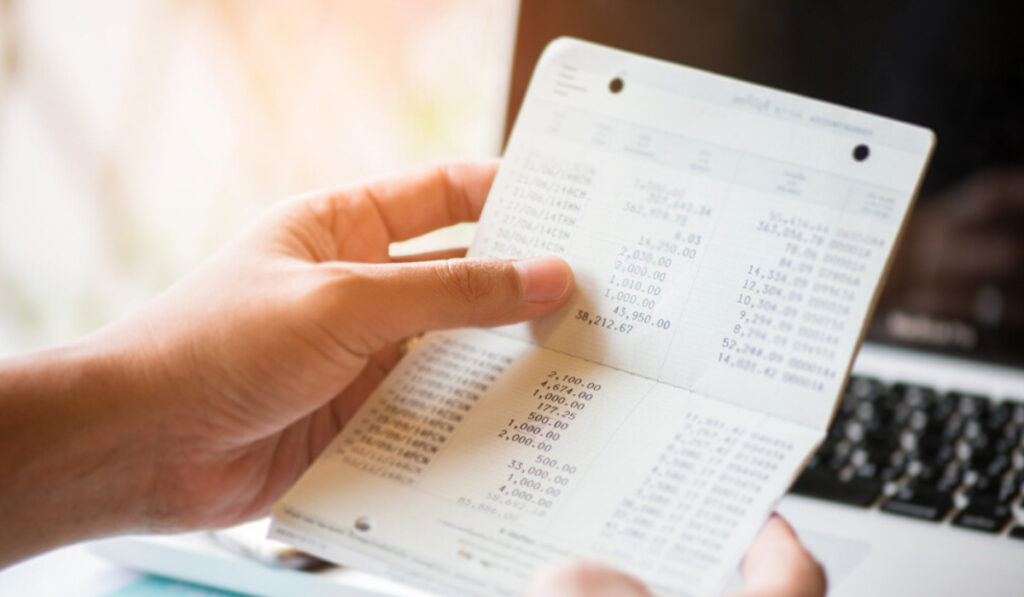The process of paying back home loans can be quite challenging. When you start repayments for the loan, the duration of the loan, at times, can seem endless. In such cases, a home loan statement could help you maintain track of the loan repayment tenure. The loan statement offers a clear overview of the amount of loan you have paid back along with the loan amount left to be paid.
How does tracking your home loan repayments help? Let us find out the answer below.
What is a Home Loan Statement?
A home loan statement serves as a comprehensive summary that shows a record of home loan payments for a set tenure. In some cases, the loan statement is also described as a home loan provisional certificate. Interestingly, the loan statement is an instrument for achieving tax exemption with housing loan repayment amount along with other benefits. It provides a comprehensive record of all the repayments you have done from the beginning to the end of the concerned duration of time.
The loan statement shows every detail of your loan, such as the opening and ending dates of the loan along with the interest rate charged. You can use the loan statement for a clear and better understanding of the home loan repayment structure. The statement reflects details of the amount of every EMI you have paid for the home loan. It serves as a crucial tool in tracking the loan repayment process to avoid hassles.
Details in a Home Loan Statement
The home loan account statement offers a comprehensive overview of many other details regarding your loan. Here are some of the prominent details you can find in a home loan statement.
- The total amount of the loan
- Starting and ending date of the loan repayment tenure
- Applicable interest rate
- Monthly EMI amount
- Loan amount paid to date
- Specification of fixed or floating interest rate
- Details of the home loan account
- Penalties and fees charged during the tenure of the loan
- Remaining loan amount
All these details in the home loan account statement provide you with an effective way for monitoring your home loan repayments. The yearly home loan account statements could help in evaluating how you are progressing in the journey of clearing your home loans.
Is the Home Loan Account Statement Useful in Taxation?
The discussions about home loan account statements also include references to their uses in taxation. Does a home loan account statement help you claim tax rebates? Yes, it does. The loan statement is crucial documentation for income tax, as Section 80C of the Indian Income Tax allows tax deductions. It also helps in claiming tax deductions according to Section 24(b) of the act. You can claim a tax deduction of around Rs 1.5 lakh according to Section 80C and Rs 2 lakh tax deduction according to Section 24.
One notable fact about a home loan statement is that it serves more than just a proof of repayment. It helps you get informed about the next date of repayment, thereby achieving clarity in the structure of loan repayment and the payment schedule.
How Can You Obtain the Home Loan Account Statement?
The home loan account statement is available offline as well as online. You can use the advantages of digital banking services to obtain home loan statements without any hassle.
The process for obtaining a housing loan statement online is quite simple. Your bank’s website can help you access loan statements alongside provisional tax certificates and other crucial information.
If you want to have a home loan statement offline, you would have to visit the nearest branch of your bank and request an official loan statement. Applicants should provide their name, Loan Account Number (LAN), date of birth, PAN and other necessary information.
Conclusion
A home loan statement is an essential document that provides a detailed overview of the loan repayment status. It includes important information such as the outstanding balance, the amount of interest paid, and the principal amount repaid during a specific period. Understanding your home loan statement is crucial to manage your finances effectively and ensure that you are on track with your loan repayments.
It is important to keep your loan statement safe for future reference. Overall, a home loan statement is a vital tool that can help you stay on top of your finances.
